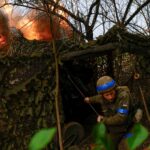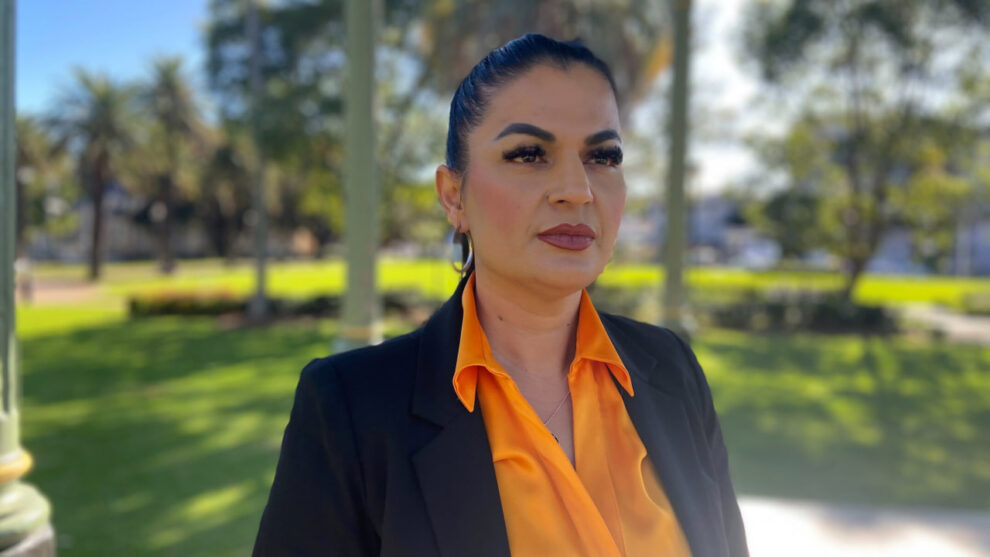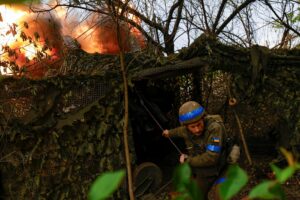When a judge found “substantial truth” in alleged war crimes committed by veteran Ben Roberts-Smith in Afghanistan it brought a public reckoning for the defence force and the media.
Key points:
- Former veteran Ben Roberts-Smith unsuccessfully sued three newspapers for defamation, with the court finding allegations of murder and bullying during his deployment to Afghanistan were substantially true
- Afghan Australians say their perspectives on the alleged war crimes have been silenced
- The sociologist who sparked an inquiry into the SAS says the victims have largely been ignored
Earlier this month a defamation case brought by Mr Roberts-Smith against three newspapers was dismissed after Nine successfully defended allegations of unlawful killings and bullying.
But some members of the Afghan community in Australia feel that their perspective on the acts has not been heard.
For Sydney tax agent Tahera Nassrat, the Roberts-Smith case raised some painful emotions.
She sought refuge in Australia more than 20 years ago after the Taliban rose to power in Afghanistan the first time.
“I’m very disappointed, devastated, angry, and one question — why?” she said.
The Victoria Cross recipient’s defamation case against three newspapers for reporting his alleged war crimes was dismissed on the basis they were substantially true.
The newspapers reported the disgraced former SAS soldier committed unlawful killings, including the alleged murder of an unarmed Afghan man, Ali Jan, who he kicked off a cliff and later ordered to be shot in 2012.
In her reaction to the decision, Ms Nassrat said Mr Roberts-Smith broke the trust of both Australians and Afghans.
“He was awarded previously, he was the father of the year,” she said. “And looking at that recognition, which was done by the government, and with that belief and trust, he was sent to Afghanistan to secure life — and he has taken it.
During her time living in an Afghanistan ravaged by war and under the Taliban, Ms Nassrat said she always put her faith in soldiers no matter which country they hailed from.
“Their job and their responsibility there is to give safety to locals and to the public, so now that we’re talking about Australian soldiers or American soldiers or other countries’ soldiers, those families will run to them for safety,” she said.
A Melbourne man who did not want to be named also said he felt betrayed.
The 28-year-old moved to Australia from Kabul at the age of three.
“It just frustrates me because there’s a complete and total mistrust of almost Western societies intervening with countries like Afghanistan,” he said.
He said he felt that voices like his that criticised the military were silenced for being too “un-Australian”.
“There’s a fetishisation of the military, or you’re not Aussie enough if you sit there and talk about the military in a negative light,” he said.
Sociologist Samantha Crompvoets was commissioned by the defence force to investigate possible cultural problems in Australia’s special forces in 2016.
Her investigation sparked the Brereton Inquiry which unveiled reports of at least 39 suspected murders of Afghans, none of which occurred in combat.
The victims of these killings have not been at the forefront of the national conversation, according to Dr Crompvoets.
“They are completely invisible … I mean you’d think that the real victims are the soldiers who might potentially lose their medals,” she said.
She says the root of the problem in the Australian special forces is lack of oversight.
“For them, the rules were different and really no thought to what the implications of that was, so I think now they’re realising that they shouldn’t perhaps have different roles and that they need a lot more oversight.”
The ABC sought a response from Australia’s Department of Defence, but is yet to hear back.
Source: ABC News















